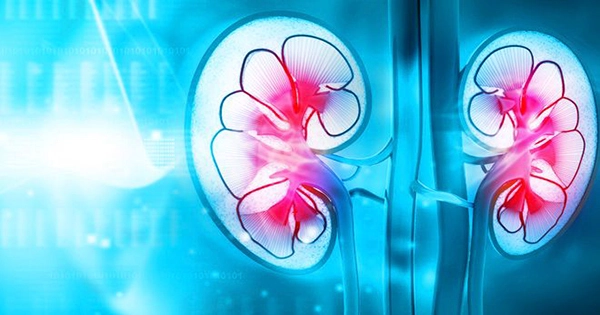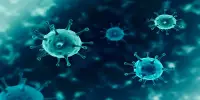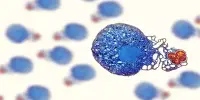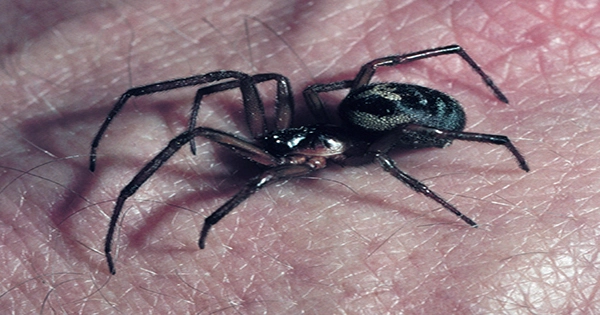Renal cell carcinoma, a malignancy with a high mortality rate and difficult to diagnose, has been the subject of the most thorough investigation of kidney cancer at the single-cell level, and researchers have now identified a potential treatment target. Researchers from the Wellcome Sanger Institute, the University of Cambridge, and Cambridge University Hospitals have determined that the expression of the gene IL1B by immune cells called macrophages is essential for the growth of tumors.
The study, which was released on November 23, 2022, in the journal Cancer Cell, suggests that IL1B macrophages be used as a prospective therapeutic target to treat renal cell carcinoma because this cell type has already been targeted by medications that are already available to treat lung cancer. Clinical trials to demonstrate that inhibiting IL1B can be used to successfully stop renal cell carcinoma from growing or advancing are the next step, which is already being investigated.
In the UK, renal cell carcinoma (RCC) is the seventh most prevalent malignancy, with clear cell renal cell carcinoma accounting for the bulk of cases and fatalities (ccRCC). Three out of five patients do not have any symptoms until the cancer is in an advanced stage, which contributes to the disease’s 50% mortality rate1.
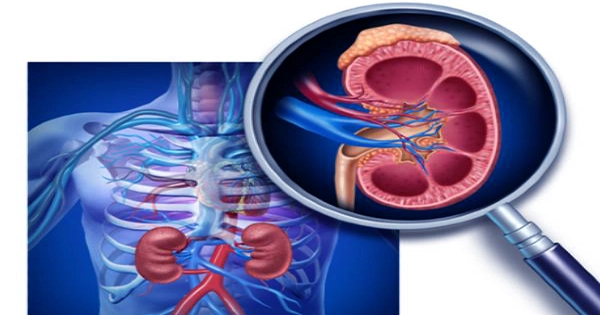
When both copies of the VHL gene are turned off, many RCC tumors develop. One copy of the Von Hippel-Lindau (VHL) gene is genetically disabled from birth in a subset of patients, who also have kidney cancer that is hereditary. A common genetic occurrence that frequently takes place in early life causes the second copy of VHL to be typically turned off, which results in the production of several tumors.
Over 270,000 single cells and 100 microdissections from 12 patients with kidney tumors were examined in this new study by researchers from the Wellcome Sanger Institute and the University of Cambridge. Both normal kidney tissue and other tumor-related locations were sampled. The precise location of particular cells inside tissues was mapped utilizing single-cell RNA sequencing and spatial transcriptomics analysis of these samples.
This investigation revealed that macrophages, a specific type of immune cell that expresses the gene IL1B, are common near the edges of tumors.
Dr Ruoyan Li, first author of the study from the Wellcome Sanger Institute, said: “Using both single-cell sequencing and spatial transcriptomics allowed us to discover not only what cell types were present in these renal cell carcinoma tumours, but how the cell types were organised in space. This approach meant we could pinpoint macrophages expressing the IL1B gene at the leading edges of tumours, acting almost like a vanguard for tumour growth.”
The results will be especially interesting to those with VHL illness because they are quite prone to develop many, persistent tumors. While it is possible to monitor kidney tumors and remove them surgically before cancer spreads to other body parts, new tumors will develop, and patients can only undergo surgery so many times until their kidney function is permanently lost.
62-year-old John Hepworth has RCC and is a VHL sufferer. He was 53 when he received his diagnosis in 2013, and since then, he has been elected to the board of trustees of the VHL UK/Ireland organization.
“We’ve known for years that there was a problem, that there was something strange going on in our family background. Four of my family members who were directly related to me in the last five generations passed away in their forties, and the fifth passed away at age 56. I was diagnosed with the disease when I was 53 years old, which is relatively late in comparison to some people. My sister and uncle have had genetic testing since being diagnosed. My sister and my uncle had children, but my wife and I don’t, and happily, they both gave us the negative. Knowing that it ends with me after all these years gives me a lot of peace.
“When I received my diagnosis, I thought I was the only person on earth suffering from this condition. However, the VHL UK/Ireland charity was just getting going again at the time, so I contacted them, and things went from there. Being so uncommon, the disease can be tremendously isolating at times. However, you always know that surgery is on the horizon and that it is only a matter of time. To ensure that people are aware that there is a community here for them and assistance if they need it, as well as to attempt and spread awareness, is crucial.
“At the VHL UK/Ireland charity, we advocate for the approval of novel treatments. The majority of us as a community is in critical need of a form of care, such as frequent scans and procedures, that can at least make things better. Although there are opportunities in the works, nothing else is available to us just yet. It’s excellent that there is so much research being done, like this, to try and uncover other choices, as research is essential if we are to find something to help.
Joshua Mann, MPH, Director of Health, VHL Alliance, said: “As a result of research, the outlook for those living with VHL disease has improved greatly in recent years. Even before the VHL gene was identified, the standard of care has always been a lifetime of surveillance with frequent, painful, and expensive surgeries to remove tumours interspersed within the body. We are approaching a new era of managing VHL disease, with a major paradigm shift that could eventually even do away with these surgeries. A way to treat VHL-related tumours without surgical intervention would be a huge boost for those with the condition. The VHL Alliance is actively exploring opportunities to bolster and support these important research efforts.”
To determine whether attacking IL1B macrophages is a successful treatment for RCC, researchers are now organizing clinical trials. These trials have a good chance of producing positive findings because some lung cancers can be prevented with the help of current medications that target this route.
Dr. Thomas Mitchell, a senior author of the work from the Wellcome Sanger Institute and the University of Cambridge, expressed his optimism about the possibility of treating renal cell carcinomas without surgery by targeting IL1B macrophages. This will be crucial for patients with VHL illness because, by focusing on their genetic causes, we might be able to prevent tumors from developing in the first place rather than waiting for them to spread and then eliminating them. The earlier we can take action, as is the case with all cancers, the better.
Source: https://www.cambridgenetwork.co.uk/news/new-hope-kidney-cancer-treatment-using-existing-drugs
